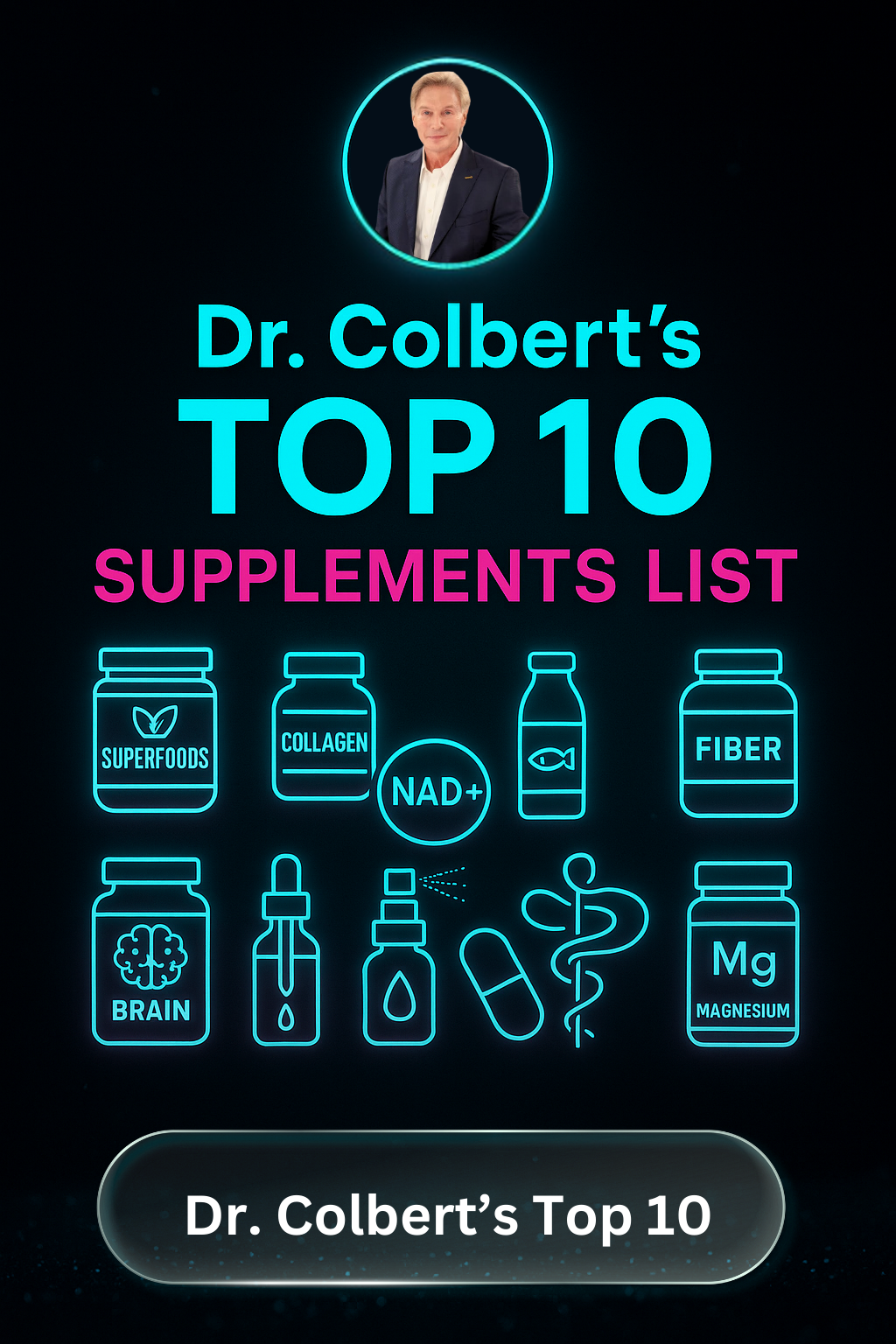The Overlooked Blood Test That Could Save Your Life: Understanding High-Sensitivity C-Reactive Protein (hs-CRP)
Most people have heard of cholesterol and blood sugar checks. Your doctor likely runs those tests during an annual physical. But there’s another simple blood test—one that could literally save your life—that most physicians never order. It’s called high-sensitivity C-reactive protein (hs-CRP), and it is one of the most important markers of inflammation in the body.
Why This Test Matters
Inflammation is at the root of nearly every chronic disease, from heart attacks and strokes to memory loss, type 2 diabetes, arthritis, and autoimmune conditions. The hs-CRP test is a powerful early-warning system, often revealing hidden inflammation years before symptoms develop.
Large studies involving thousands of patients show that elevated hs-CRP levels strongly predict future cardiovascular events, including heart attacks, strokes, and early cardiac death. Lowering hs-CRP to the optimal range can significantly reduce your risk.
Unfortunately, most routine blood panels don’t include this test. Rheumatologists sometimes order it for autoimmune patients, but family doctors rarely do unless there’s already a major health concern. This is a missed opportunity for prevention.
What is hs-CRP?
C-reactive protein is produced in the liver and fat tissue in response to inflammation. The high-sensitivity version of the test (hs-CRP) can detect much lower levels in the blood, making it ideal for assessing heart and overall health risk.
Your target numbers:
-
Ideal: Less than 1 mg/L
-
Acceptable: 1–3 mg/L
-
High Risk: Over 3 mg/L
If your number is over 3, you’ve essentially “signed up” for a greater likelihood of heart disease, stroke, joint inflammation, memory decline, and metabolic disorders.
What Raises hs-CRP?
There are several major contributors to elevated inflammation:
1. Belly Fat
Excess abdominal fat is not just stored energy—it’s a metabolically active organ that produces inflammatory chemicals, including CRP itself.
2. Chronic and Acute Infections
Hidden infections—such as dental abscesses, gingivitis, chronic sinus infections, bronchitis, prostatitis, or herpes simplex (cold sores)—can keep your immune system in a constant state of attack.
3. Poor Diet
Highly processed foods, fried foods, refined sugars, and hydrogenated fats raise inflammation rapidly. The Standard American Diet is, unfortunately, a recipe for chronic disease.
4. Food Sensitivities
Delayed immune reactions to certain foods are common and often go undetected. My top inflammatory triggers are:
-
Dairy
-
Eggs
-
Peanuts
-
Tree nuts
-
Gluten
-
Soy
-
Sesame seeds
-
Fish
-
Shellfish
-
Chicken
5. Leaky Gut
Also called increased intestinal permeability, leaky gut allows inflammatory particles to pass into the bloodstream, driving hs-CRP higher.
Why Doctors Miss It
Insurance companies often limit lab orders to reduce costs, so doctors default to cholesterol, blood sugar, and perhaps a few additional markers. Vitamin D—which I consider a critical test—is often excluded. That’s why I personally check hs-CRP for every patient, every six months. To me, it’s as essential as checking the oil in your car—neglecting it can lead to disaster.
How to Lower hs-CRP Naturally
The good news is, inflammation is not destiny. You can take steps today to lower your levels and protect your health.
1. Lose Belly Fat
Following my Keto Zone Diet, Beyond Keto Diet, or a healthy Mediterranean diet helps your body preferentially burn belly fat—one of the fastest ways to lower inflammation.
2. Try Intermittent Fasting
A simple 16:8 fast (fast 16 hours, eat during an 8-hour window) can dramatically improve inflammation markers. For example, stop eating at 6 PM and have your first meal at 10 AM the next day. Morning exercise during the fasting window accelerates belly fat loss.
3. Identify and Avoid Trigger Foods
Rotating or eliminating the top 10 inflammatory foods can make a dramatic difference. Consider the P88 food allergy test to pinpoint sensitivities.
4. Heal Your Gut
My book Healthy Gut Zone outlines a complete gut-repair plan. Daily Fiber Zone and a high-quality probiotic are key to restoring gut integrity.
5. Clear Chronic Infections
Address dental problems, irrigate sinuses daily if prone to infections, and remove triggers like dairy that can cause mucosal swelling.
6. Consider Targeted Supplements
-
Fiber Zone – for satiety and stable blood sugar.
-
Carb Assist – with berberine, alpha lipoic acid, chromium, and cinnamon for healthy glucose support.
-
L-Lysine – for herpes simplex management (1,000 mg/day, more during outbreaks).
7. Medical Support for Severe Cases
For patients with class III obesity (BMI ≥ 40), GLP-1 agonist medications may help reduce belly fat and hs-CRP under physician supervision.
A Spiritual Perspective
As Mary shared on our program, it is God’s will for you to be in health. Psalm 138 reminds us: “The Lord will perfect that which concerns you.” Your health concerns matter to Him. Seek His wisdom and take action on what He reveals—whether that’s adjusting your diet, getting tested, or making lifestyle changes.
Take Action Today
Don’t wait until symptoms appear. Ask your healthcare provider for an hs-CRP test and track your number every six months. Combine regular testing with an anti-inflammatory lifestyle, and you can dramatically lower your risk of serious illness.
If you need help getting started:
-
Join our Keto Zone Facebook Group for support: facebook.com/ketozone
-
Explore my anti-inflammatory eating plans in Beyond Keto
-
Consider adding Fiber Zone and Carb Assist to your routine
Your health is one of your greatest gifts. Protect it.
2 COMMENTS
Comments are closed.


















Appreciating the commitment you put into your website and in depth information you provide.
It’s awesome to come across a blog every once in a
while that isn’t the same out of date rehashed material.
Wonderful read! I’ve bookmarked your site and I’m including your RSS feeds to my Google
account.
Cara, Vbetbrasil is my go-to spot for sports betting. The odds are great, and they always pay out quickly. Plus, the site is super easy to navigate, even on my phone. Definitely worth checking out! Learn more here: vbetbrasil